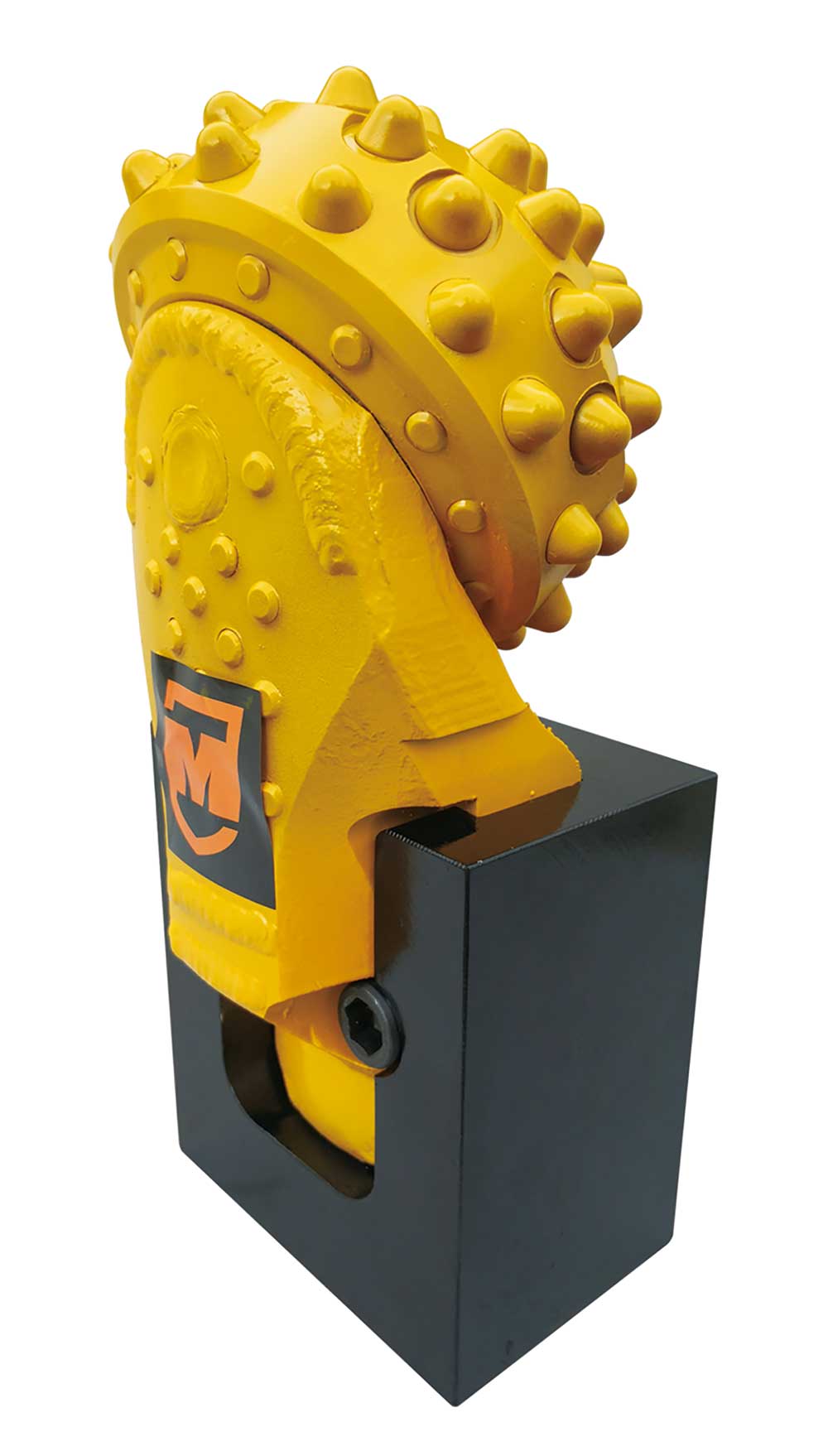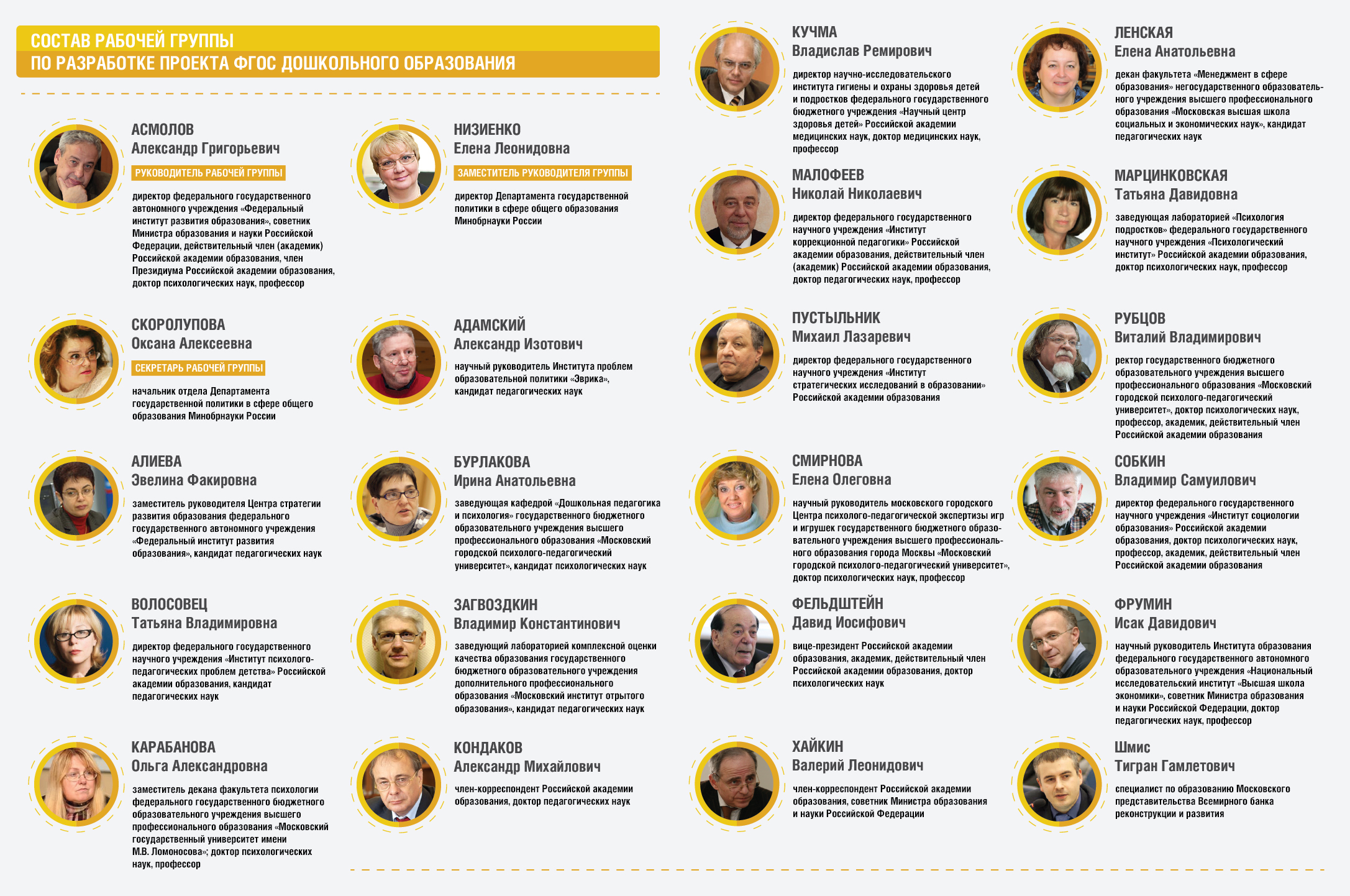The New Workplace Reality: Are Employees Truly Replaceable?

Table of Contents
The Myth of Complete Replaceability
The notion that employees are easily replaceable is a dangerous oversimplification. While automation and AI have undoubtedly transformed many industries, significantly impacting certain tasks, they are far from capable of replicating the full spectrum of human capabilities.
The Limitations of Automation
AI and automation excel at repetitive, data-driven tasks. However, they currently fall short in areas requiring genuine human intelligence.
- Complex problem-solving: Adapting to unforeseen circumstances and finding creative solutions to complex problems remains a uniquely human skill.
- Strategic decision-making: While AI can analyze data, human intuition, experience, and ethical considerations are essential for strategic decision-making.
- Client relationship management: Building trust, understanding nuanced needs, and navigating complex interpersonal dynamics are crucial for successful client relationships – skills AI struggles to replicate.
Studies from Gartner and Forrester consistently show a significant gap between the capabilities of current AI and the complex cognitive abilities required for many roles. The reality is that replacing employees entirely is often unrealistic and inefficient.
The Value of Human Connection
Beyond technical skills, human connection remains paramount in the workplace. Employees foster collaboration, build strong relationships with clients and colleagues, and create a positive work environment.
- Increased productivity: Strong employee relationships lead to improved teamwork and higher overall productivity.
- Higher employee retention: A supportive and collaborative environment encourages loyalty and reduces employee turnover.
- Improved customer satisfaction: Employees who connect with clients on a human level build trust and foster long-term relationships.
Employee engagement directly impacts a company's bottom line. Organizations with high employee engagement experience significantly higher profitability and growth. Therefore, simply replacing employees with automation overlooks the critical role of human connection in business success.
The Evolving Skillset and Employee Value
The future of work demands an adaptable workforce, highlighting the importance of specialized skills and continuous employee development.
The Rise of Specialized Skills
The demand for highly specialized skills is constantly evolving, creating a significant skills gap. Many roles require expertise that is difficult, if not impossible, to automate.
- Data scientists: Analyzing vast datasets and extracting actionable insights requires complex analytical and problem-solving skills.
- Cybersecurity experts: Protecting sensitive data from cyber threats demands constant learning, adaptation, and human judgment.
- AI specialists: Ironically, the development and maintenance of AI systems require skilled human professionals.
The difficulty of finding qualified candidates for these specialized roles underlines the irreplaceable value of experienced, skilled employees.
Investing in Employee Development
Rather than viewing employees as easily replaceable, organizations should invest in upskilling and reskilling initiatives to adapt to changing workplace demands.
- Increased productivity: Training programs equip employees with new skills, boosting their efficiency and productivity.
- Improved employee morale: Investing in employee development demonstrates a commitment to their growth and fosters a positive work environment.
- Reduced turnover: Employees who feel valued and invested in are more likely to remain with the company.
Successful employee development programs significantly reduce the risk of losing valuable employees and enhance their contributions to the company's success.
The Human Factor: Beyond Skills and Tasks
Beyond quantifiable skills and tasks, the "human factor" plays a crucial role in a company's success and is frequently overlooked in discussions surrounding employee replaceability.
Employee Morale and Company Culture
A positive company culture and high employee morale are critical drivers of business success. Replacing employees can negatively impact these crucial aspects.
- Decreased productivity: High employee turnover leads to decreased productivity due to lost knowledge, experience, and disruption.
- Increased training costs: Replacing employees requires significant investment in recruitment and training of new personnel.
- Damaged company reputation: High turnover rates can damage a company's reputation and make it more difficult to attract and retain top talent.
Research consistently demonstrates a strong correlation between employee satisfaction and business outcomes. Ignoring this human element is detrimental to long-term success.
The Intangibles of Employee Contribution
Many crucial contributions are difficult to quantify but are vital for organizational success. These "intangibles" are often overlooked when considering employee replaceability.
- Innovation: Employees contribute to innovation through creative problem-solving, idea generation, and adaptation to new challenges.
- Leadership: Experienced employees provide mentorship and guidance, fostering a strong and effective organizational structure.
- Company loyalty: Long-term employees possess institutional knowledge and contribute significantly to company stability and culture.
These contributions are not easily replicated, further highlighting the fallacy of complete employee replaceability.
Conclusion
While automation can handle repetitive tasks, the reality is that human employees bring unique skills, experience, and contributions that are difficult, if not impossible, to replace. The focus should shift towards employee development and retention, recognizing their irreplaceable value. Investing in your employees isn't just about retaining talent; it's about building a thriving, innovative, and successful business. Understanding the irreplaceable value of your employees is crucial in navigating the new workplace reality. Stop thinking about replaceable employees and start investing in irreplaceable talent. Focusing on employee retention and development is a key strategy in mitigating the risks associated with employee replaceability.

Featured Posts
-
 The Chicago Bulls Path To Cooper Flagg An Nba Draft Lottery Analysis
May 13, 2025
The Chicago Bulls Path To Cooper Flagg An Nba Draft Lottery Analysis
May 13, 2025 -
 Whats App And Instagram The Ftcs Antitrust Lawsuit Against Meta Platforms
May 13, 2025
Whats App And Instagram The Ftcs Antitrust Lawsuit Against Meta Platforms
May 13, 2025 -
 Novye Standarty Obrazovaniya Po Fizike I Khimii Dlya Doshkolnikov
May 13, 2025
Novye Standarty Obrazovaniya Po Fizike I Khimii Dlya Doshkolnikov
May 13, 2025 -
 Community Holds Funeral For Slain 15 Year Old Student
May 13, 2025
Community Holds Funeral For Slain 15 Year Old Student
May 13, 2025 -
 James Cordens Comeback Teaming Up With Sir Ian Mc Kellen And Baby Reindeer Star
May 13, 2025
James Cordens Comeback Teaming Up With Sir Ian Mc Kellen And Baby Reindeer Star
May 13, 2025
